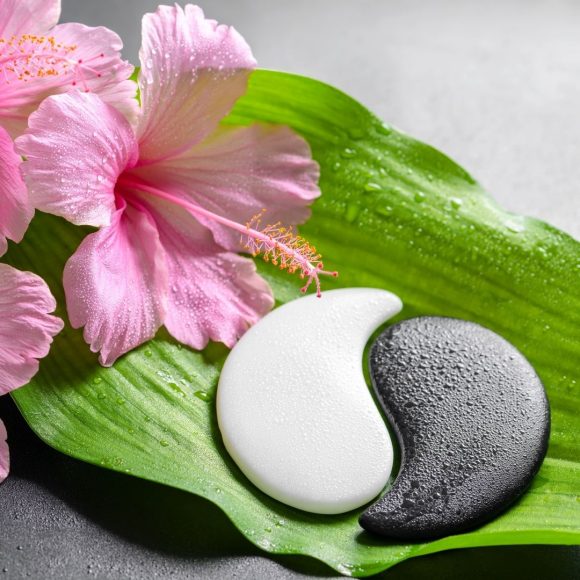For each new year, we often set health-related goals. We want to eat better, exercise more, balance our lives, and try to behave in a kinder way in our world. When we strive for balance, we don’t often think about balancing our physical health and our emotional health. We tend to focus on the physical aspects of our being. However, our emotional health impacts our physical health in ways we don’t often realize.
Chinese medicine recognized thousands of years ago that an important relationship exists between emotions and physical health. The Chinese Canon of Medicine recognized that emotional and psychological factors are important causes of physical illness and can negatively affect the internal organs of the human body. It states that “anger hurts the liver, joy hurts the heart, brooding hurts the spleen and melancholy hurts the lungs.”
Medical texts over the centuries have made suggestions on how to attain emotional health. In one of the Traditional Chinese Medicine (TCM) texts, the recommendation is to be optimistic, noting “optimism will help you forget sorrow.” A positive outlook promotes circulation of blood and Chi (life force/energy), and thereby improves health. It makes sense there cannot be balance when we are overcome with anxiety, grief, joy or anger for any length of time.
With the stress of the recent elections, the upcoming holidays, finding the balance between eating, drinking, exercising, family visits, politics, managing the outward expectation of what we “should” be feeling and what we are “really” feeling, can be overwhelming, and many feel physically and emotionally exhausted. This quite often continues unchecked for months and we wonder why our New Year’s resolutions will fall by the wayside.
All kinds of stress (physical, emotional and spiritual) when not managed, manifests in physical issues. Chronic stress produces excess cortisol and adrenalin, which have negative effects on our body. Cortisol creates worry or fear and vigilance, which produces anxiety. Adrenalin, the fight-or-flight hormone, physically prepares the body to react to a threat. Overproduction of these hormones will often interfere with the body’s ability to handle stress.
Clearly, it is easier said than done to attain and maintain emotional balance and harmony. A profound-yet-simple solution to helping reverse the runaway trajectory of emotions is through acupuncture. By definition, acupuncture works to balance the imbalance.
How do you know if what you’re feeling can be treated with acupuncture? Consider the following: If the liver energy is too strong, for example, one may feel irritable, angry, depressed, easily frustrated and bloated. If the heart energy is out of balance, one may experience insomnia, obsessive thinking, anxiety, palpitations or lucid dreaming. Acupuncture works to balance the energies to alleviate those symptoms.
Acupuncture is a more than 2,000-year-old Chinese system of medicine that places very fine needles in strategic areas of the body to promote healing of its unhealthy parts. The needles act like a faucet by either increasing or reducing the flow of chi and blood through established channels or meridians. Although chi is not readily definable in western medical terminology, it signifies movement or energy.
The reason for most ailments (physical or emotional) is some kind of blockage;; the system is gridlocked. Regulating the flow of chi and blood through the meridians allows the body to heal itself.
Obviously, we all want a sense of well-being and balance. Finding the way to do it is the challenge. Consider acupuncture as a natural, drug-free way to help you realize your New Year’s resolution. Remember, when acupuncture reduces the excesses or increases the weaknesses in the channels, a balance is achieved. When there is balance, it calms the spirit, and we are able to circle back to a sense of optimism and contentment.
Wishing you a healthy, balanced and happy holiday season!
Karen Siegel Propis is an acupuncturist practicing at Michigan Associates of Acupuncture and Integrative Medicine, 7001 Orchard Lake, Suite 120, West Bloomfield; (248) 737-7126.


Leave a Reply